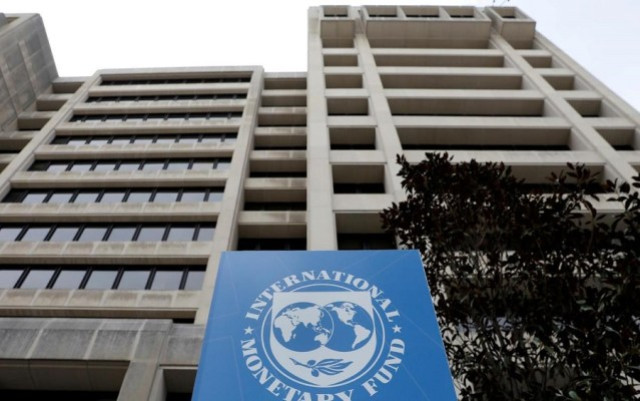The International Monetary Fund (IMF) has provided reasons the Central Bank of Nigeria (CBN) should issue operating licenses to the cryptocurrency dealers.
The IMF's 2024 Staff Report, released over the weekend, suggests that global cryptocurrency trading platforms should be registered or licensed in Nigeria, similar to licensed operators such as Bureaux De Change (BDCs) authorized by the CBN to conduct forex transactions at the retail level.
The IMF recommends subjecting these crypto trading platforms to the same regulatory requirements as financial intermediaries, based on the principle of equal regulation for equal activities and risks.
The Central Bank of Nigeria (CBN) recently revealed that cryptocurrency traders have been manipulating the exchange rate of the naira against the dollar and other global currencies through peer-to-peer trading.
In February, the apex bank claimed that Binance, the leading cryptocurrency exchange in terms of trading volume, had facilitated $26 billion in untraceable transactions solely in its Nigeria unit.
Binance has a user base of 185 million spread across more than 180 countries globally. In an effort to safeguard the value of the naira and mitigate negative impacts on the financial system, the CBN prohibited banks and other financial institutions from providing services to cryptocurrency traders.
In addition to various other factors contributing to the depreciation of the naira, such as increased import costs, medical tourism, and overseas tuition payments, the manipulation of exchange rates by cryptocurrency traders is a significant contributing factor.
The IMF has expressed concerns about the rapid growth of transactions on FX trading platforms, leading to the closure of Binance and other crypto-asset trading platforms used by Nigerians for capital flight, as the identities and sources of funds of the traders could not be verified.
The IMF also commended Nigeria's efforts in combating money laundering and terrorism financing, acknowledging progress in enhancing the Anti-Money Laundering and Combating Financing of Terrorism (AML/CFT) framework.
It emphasized the need for further action in line with FATF recommendations, including legislative reforms, risk assessments, awareness building, and increased investigation and prosecution of money laundering activities.




















